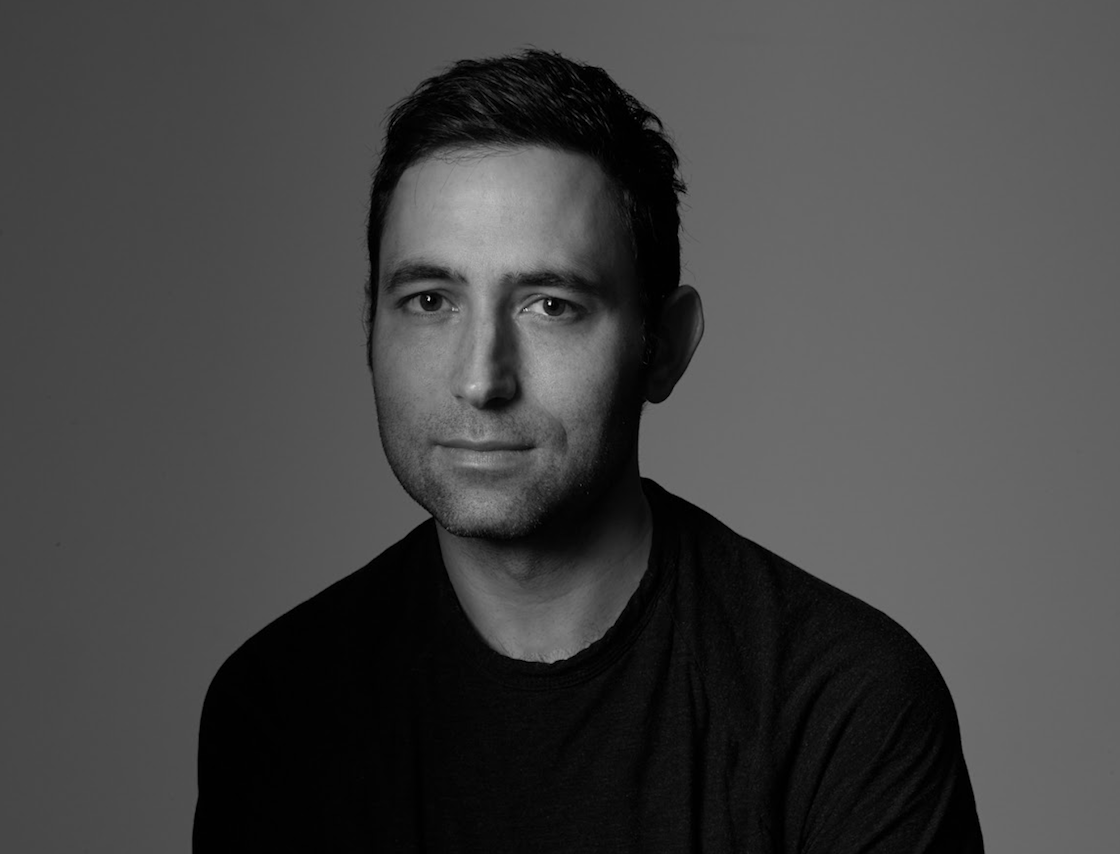On learning to manage people.
The biggest difference between investing and operating is, of course, managing people when it comes to the latter.
As a full-time investor, I missed the people side dearly.
While it’s fun to meet founders throughout the day, nothing is more rewarding than watching people make an impact and evolve as contributors and leaders.
Now, as an operator leading an organization of thousands of people, there are always management tasks that simply require 1:1 time.
Whether it is giving feedback to people, debating strategy, or doing the rounds to drive alignment around a major change, I spend a lot of time every day on the management side of the equation.
